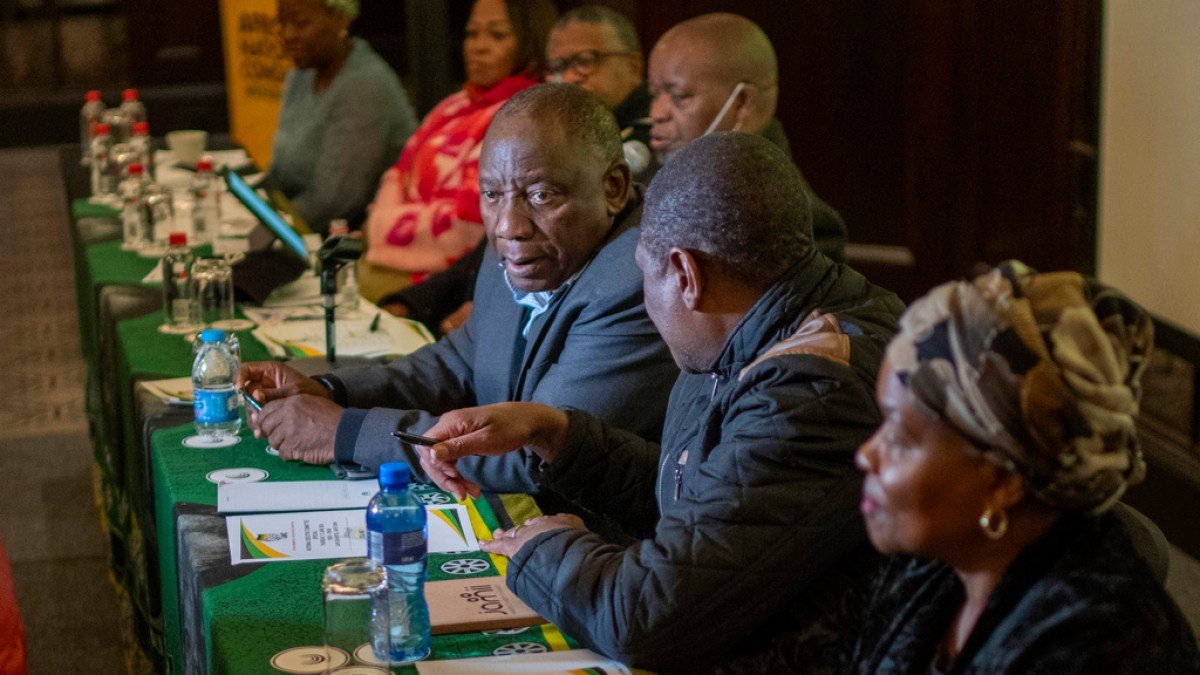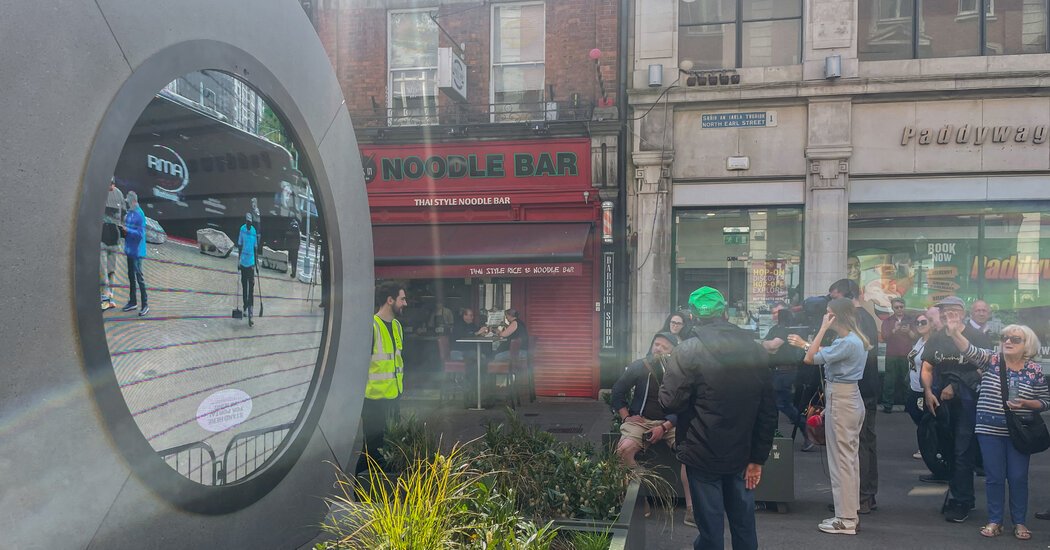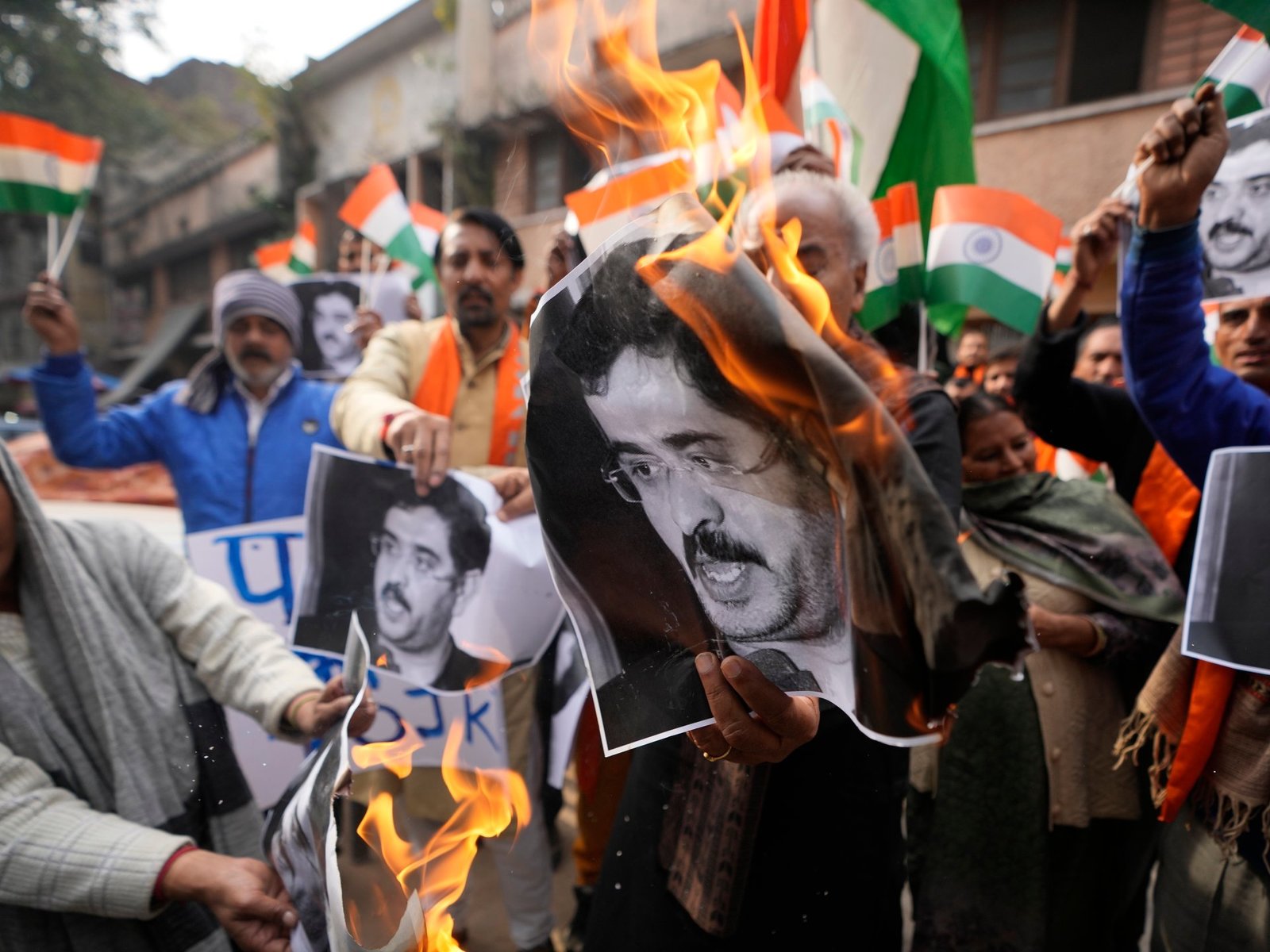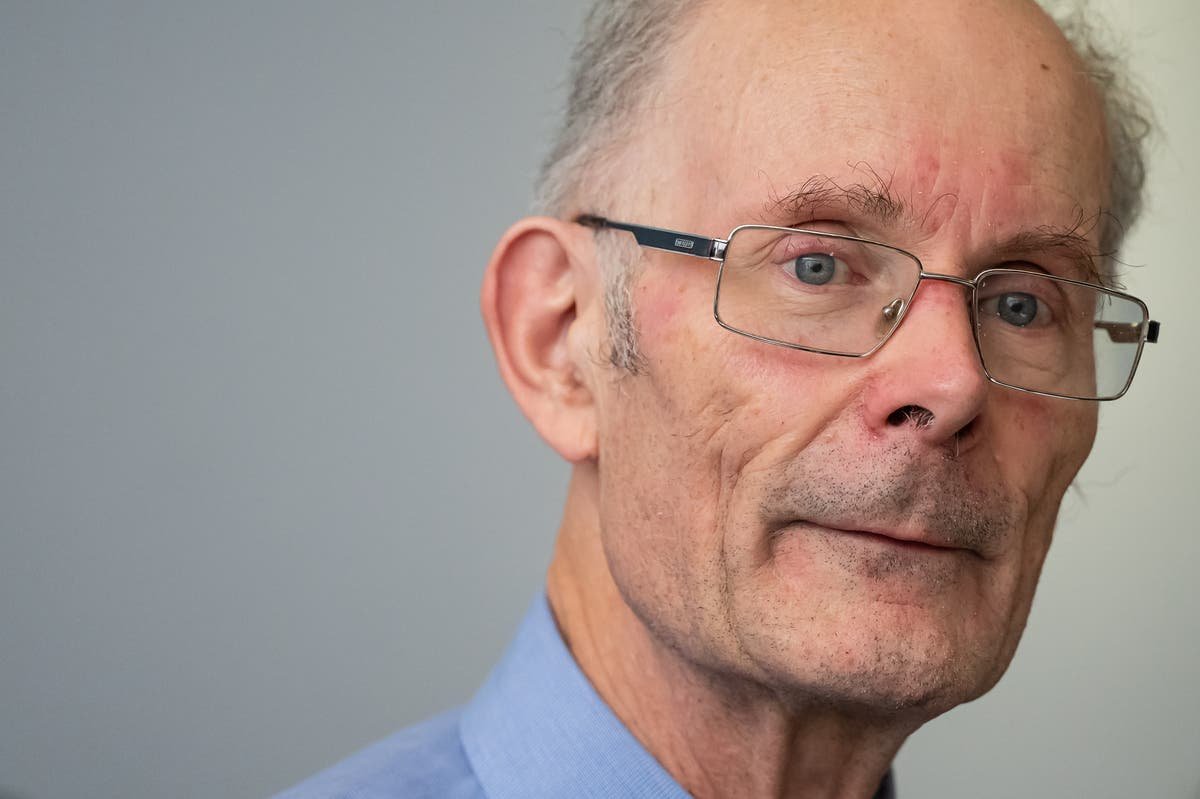The governing ANC is depending on former foes to give Cyril Ramaphosa a second term and extend its three-decade hold on power.
South Africa’s newly elected parliament has convened to choose the country’s next president, with the country on a political knife-edge since last month’s election.
Lawmakers meeting on Friday are expected to re-elect President Cyril Ramaphosa to form an unprecedented coalition government after his governing African National Congress (ANC) party cobbled together a coalition deal following the May 29 vote.
Ramaphosa, 71, is seeking a second term but his ANC party has been weakened after losing its long-held majority, gathering 40 percent of the vote. It will now need the support of other parties if Ramaphosa is to return as president.

The main opposition Democratic Alliance (DA) won the second largest share of the vote with 21 percent, making it a key party in the coalition talks.
In power for 30 years, the ANC had proposed forming a government of national unity in the wake of the election and invited all of the other 17 parties that won seats in parliament to join. Some have refused.
The governing party announced late on Thursday that it had a coalition agreement in principle with the DA and other smaller parties, but ANC Secretary-General Fikile Mbalula said the final details of the agreement were still being worked out.
Crucially, he did not say whether there was an agreement among those coalition partners for their lawmakers to vote for Ramaphosa in parliament, even if he said that was what the ANC hoped would happen.
The DA, the second largest party in parliament behind the ANC with a potentially decisive number of lawmakers, said talks on the exact details had continued through the night and into early Friday and there was no signed agreement just hours before parliament was due to convene at 10am (08:00 GMT).
Ramaphosa could have a smooth passage to a second term if he is the only candidate nominated, in which case he would be elected automatically. But if other candidates are nominated by other parties, a vote follows.
The ANC was also facing a deadline to pull together a coalition agreement of some sort given parliament must sit for the first time and vote for the president within 14 days of the election results being declared. The deadline is Sunday.
Friday’s sitting is expected to take hours, with the 400-member parliament first electing a speaker and deputy speaker before the vote for president.
Uncertainty
South Africa has not faced this level of political uncertainty since the ANC swept to power in the first all-race election in 1994, ending nearly a half-century of white minority rule under the apartheid system of racial segregation.
The ANC has held a clear majority in parliament ever since then, meaning elections for president were formalities and every South African leader since has been from the ANC, starting with Nelson Mandela.
Friday’s sitting is not expected to be straightforward. At least one party, the MK Party of former ANC leader and South African President Jacob Zuma, has said it will boycott the first sitting and its 58 lawmakers will not take their seats.
That is not expected to affect the voting procedure as South Africa’s constitution says that at least one-third of the 400 lawmakers need to be present for a quorum and for votes to take place. The ANC has more than a third of seats on its own.
Parliament will also convene in an unusual setting after a fire in 2022 gutted the National Assembly building in Cape Town. So lawmakers will decide the next leader of their country at a conference centre near the city’s waterfront.










